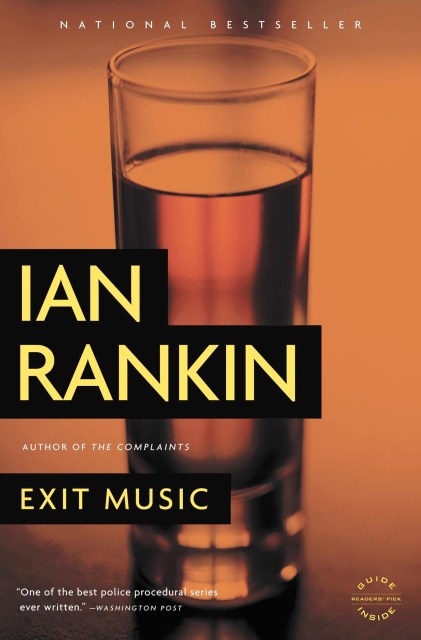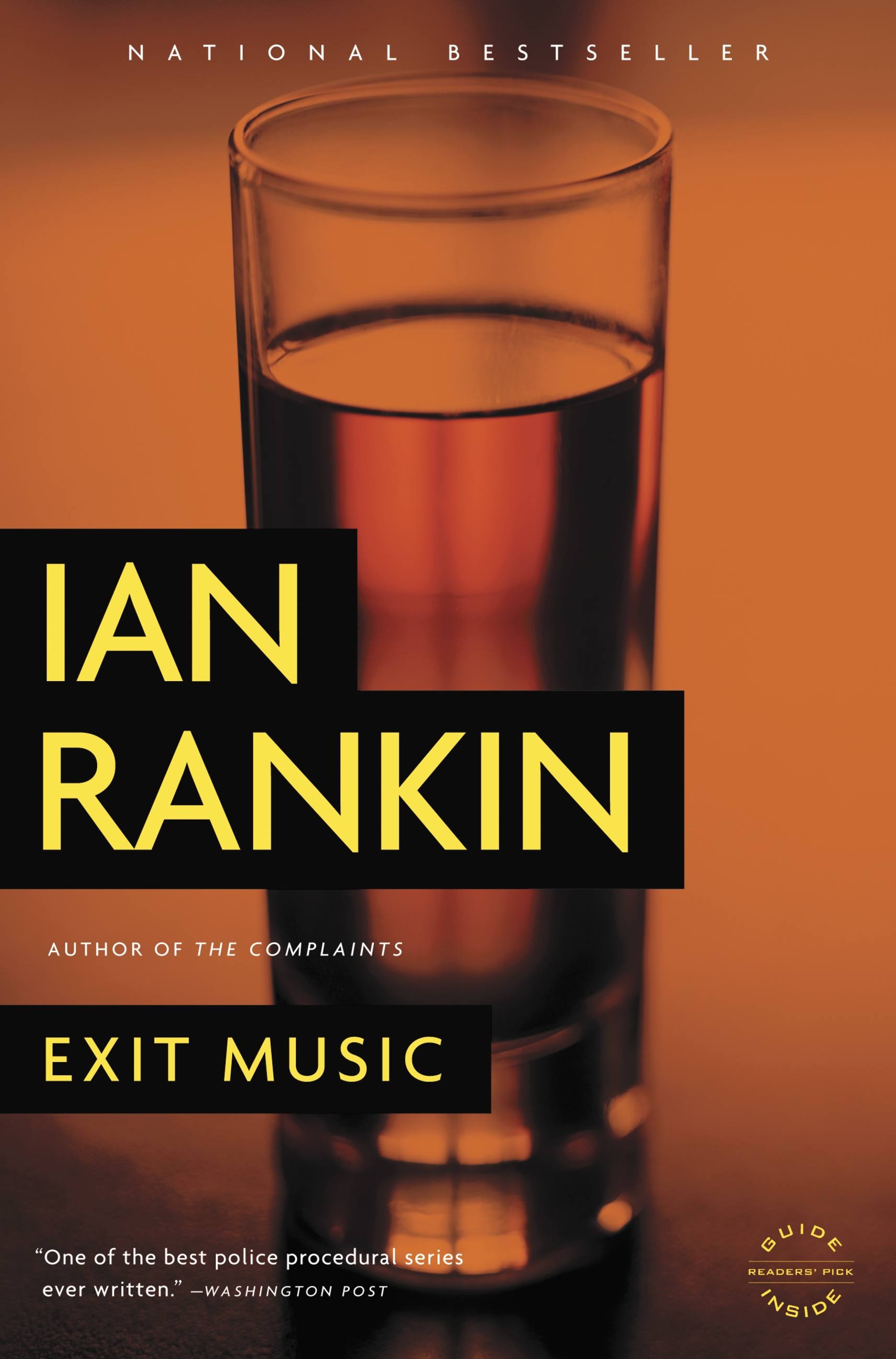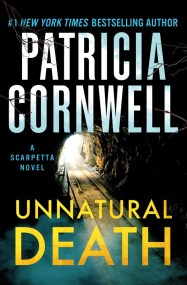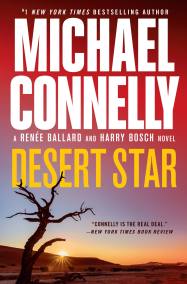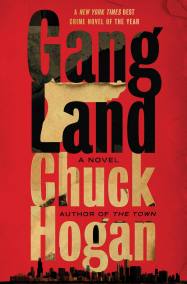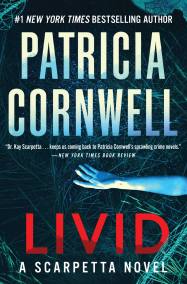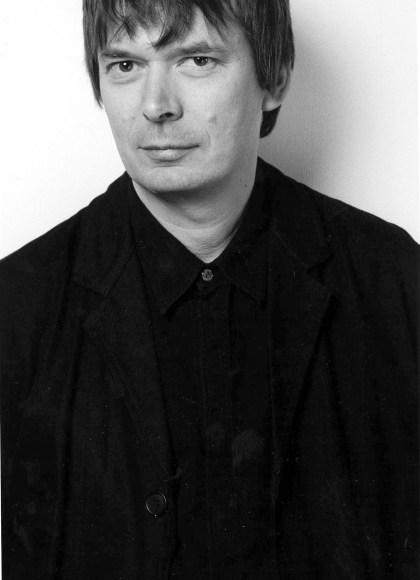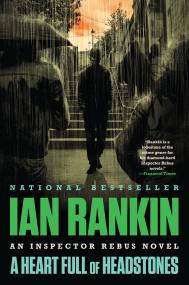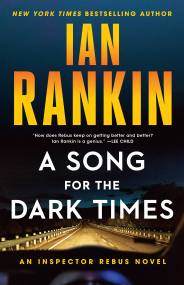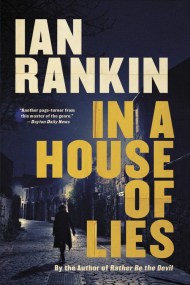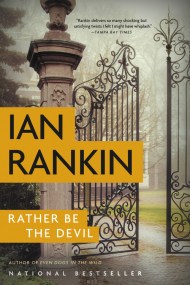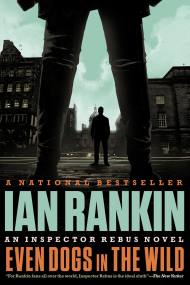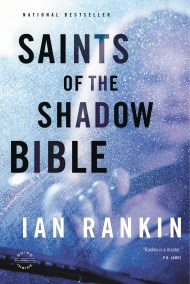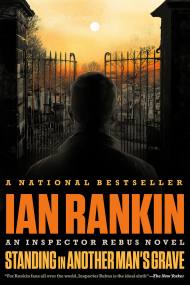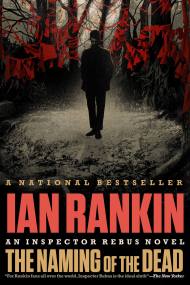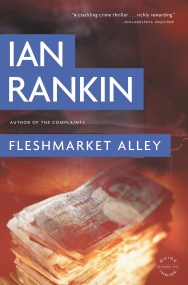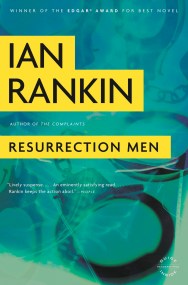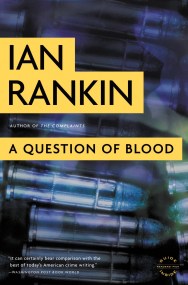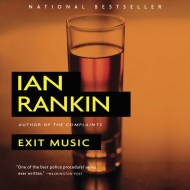Exit Music
Contributors
By Ian Rankin
Formats and Prices
Price
$24.99Format
Format:
- Trade Paperback $24.99
- ebook $10.99
- Audiobook Download (Unabridged) $31.99
This item is a preorder. Your payment method will be charged immediately, and the product is expected to ship on or around December 9, 2010. This date is subject to change due to shipping delays beyond our control.
Also available from:
It’s late in the fall in Edinburgh and late in the career of Detective Inspector John Rebus. As he is simply trying to tie up some loose ends before his retirement, a new case lands on his desk: a dissident Russian poet has been murdered in what looks like a mugging gone wrong.
Rebus discovers that an elite delegation of Russian businessmen is in town, looking to expand its interests. And as Rebus’s investigation gains ground, someone brutally assaults a local gangster with whom he has a long history.
Has Rebus overstepped his bounds for the last time? Only a few days shy of the end to his long, controversial career, will Rebus even make it that far?
Rebus discovers that an elite delegation of Russian businessmen is in town, looking to expand its interests. And as Rebus’s investigation gains ground, someone brutally assaults a local gangster with whom he has a long history.
Has Rebus overstepped his bounds for the last time? Only a few days shy of the end to his long, controversial career, will Rebus even make it that far?
Series:
-
"In the Rebus novels he's provided a portrait of his chosen city that's as rich, detailed and loving as any that any crime writer working today has given us of any city in the world. . . . This has been one of the best police procedural series ever written."Patrick Anderson, Washington Post
- On Sale
- Dec 9, 2010
- Page Count
- 448 pages
- Publisher
- Back Bay Books
- ISBN-13
- 9780316099271
Newsletter Signup
By clicking ‘Sign Up,’ I acknowledge that I have read and agree to Hachette Book Group’s Privacy Policy and Terms of Use
